Navigating California’s Concealed Carry Landscape: A Comprehensive Guide
Related Articles: Navigating California’s Concealed Carry Landscape: A Comprehensive Guide
Introduction
In this auspicious occasion, we are delighted to delve into the intriguing topic related to Navigating California’s Concealed Carry Landscape: A Comprehensive Guide. Let’s weave interesting information and offer fresh perspectives to the readers.
Table of Content
- 1 Related Articles: Navigating California’s Concealed Carry Landscape: A Comprehensive Guide
- 2 Introduction
- 3 Navigating California’s Concealed Carry Landscape: A Comprehensive Guide
- 3.1 Understanding California’s Concealed Carry Laws
- 3.2 The Importance of County-Specific Information
- 3.3 Navigating the County-Specific Landscape: A Guide
- 3.4 FAQs Regarding California CCW Laws
- 3.5 Tips for Navigating California’s CCW Laws
- 3.6 Conclusion
- 4 Closure
Navigating California’s Concealed Carry Landscape: A Comprehensive Guide
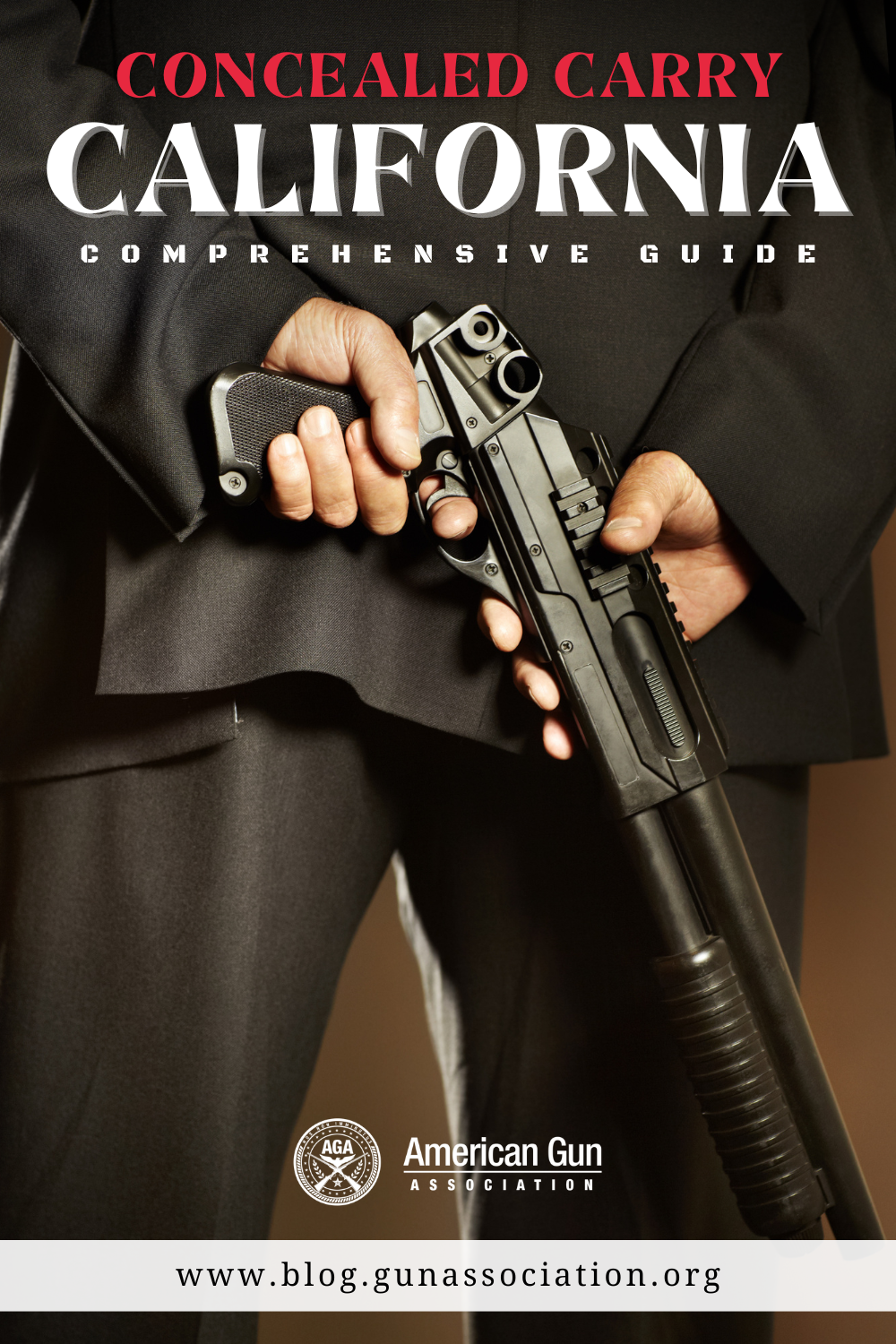
California’s concealed carry laws are complex and often subject to change. Understanding the nuances of these regulations is crucial for individuals seeking to obtain and legally carry a concealed weapon. This guide provides a comprehensive overview of the key elements of California’s concealed carry laws, with a focus on the importance of understanding the specific regulations within each county.
Understanding California’s Concealed Carry Laws
California, known for its strict gun control measures, has a complex legal framework governing concealed carry permits. Obtaining a concealed carry permit (CCW) is not a guaranteed right but rather a privilege granted by the issuing authority, typically a county sheriff or police chief.
Key Elements of California’s CCW Laws:
- Good Cause Requirement: Applicants must demonstrate a "good cause" for needing a CCW. This requirement is subjective and varies across counties. Common justifications include personal safety concerns, threats of violence, or employment-related needs.
- Training and Background Checks: Applicants must undergo a rigorous training program and pass a background check. The specific requirements for training and background checks can differ between counties.
- County-Specific Regulations: California’s CCW laws are largely governed by individual counties, leading to significant variations in application processes, eligibility criteria, and issuance rates.
- Limited Issuance: The issuance of CCW permits is generally restricted, with many counties having very low approval rates. This creates a patchwork of regulations across the state, making it difficult for individuals to understand their rights and obligations.
The Importance of County-Specific Information
Given the variability in county-specific CCW regulations, it is crucial for individuals seeking a concealed carry permit to research the specific requirements of their county of residence. This includes understanding:
- Good cause standards: What constitutes "good cause" in their county?
- Training requirements: What specific training courses are required?
- Background check process: What are the specific criteria for passing the background check?
- Application process: What are the specific steps involved in applying for a CCW?
- Issuance rates: What is the general rate of CCW issuance in their county?
Navigating the County-Specific Landscape: A Guide
While this guide provides a general overview of California’s CCW laws, it is essential to consult with the relevant county authorities for accurate and up-to-date information.
Recommended Resources:
- County Sheriff or Police Chief: Contact the sheriff’s office or police department in your county of residence.
- California Department of Justice: The California Department of Justice website provides general information about CCW laws.
- Legal Counsel: Consult with an attorney specializing in gun law for personalized advice and guidance.
FAQs Regarding California CCW Laws
Q: What are the general requirements for obtaining a CCW in California?
A: Applicants must generally demonstrate a "good cause" for needing a CCW, undergo training, and pass a background check. However, the specific requirements can vary greatly between counties.
Q: What constitutes "good cause" for a CCW in California?
A: "Good cause" is a subjective standard that can vary between counties. Common justifications include personal safety concerns, threats of violence, or employment-related needs.
Q: What are the typical training requirements for a CCW in California?
A: Training requirements can vary between counties. Typically, applicants must complete a firearms safety course and a live-fire range session.
Q: What are the typical background check requirements for a CCW in California?
A: Background checks typically include criminal history records, mental health records, and driving records. The specific criteria can vary between counties.
Q: How can I find out the specific CCW regulations in my county?
A: Contact the sheriff’s office or police department in your county of residence for detailed information about their specific requirements.
Q: What are the general issuance rates for CCW permits in California?
A: Issuance rates vary greatly between counties. Some counties have very low issuance rates, while others have higher approval rates.
Q: What are the consequences of carrying a concealed weapon without a valid CCW?
A: Carrying a concealed weapon without a valid CCW is a serious crime in California, punishable by fines and imprisonment.
Tips for Navigating California’s CCW Laws
- Research thoroughly: Understand the specific regulations in your county of residence.
- Seek legal counsel: Consult with an attorney specializing in gun law for personalized advice.
- Be prepared for a rigorous application process: The application process can be lengthy and complex.
- Be patient: The issuance of a CCW permit can take time.
- Stay informed: Stay up-to-date on any changes to California’s CCW laws.
Conclusion
Navigating California’s concealed carry laws requires careful attention to county-specific regulations and a thorough understanding of the legal requirements. Individuals seeking to obtain a CCW permit should conduct thorough research, consult with legal counsel, and be prepared for a rigorous application process. By following these guidelines, individuals can navigate the complex legal landscape and increase their chances of obtaining a CCW permit in California.
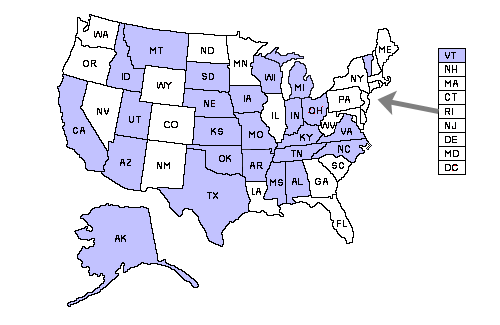
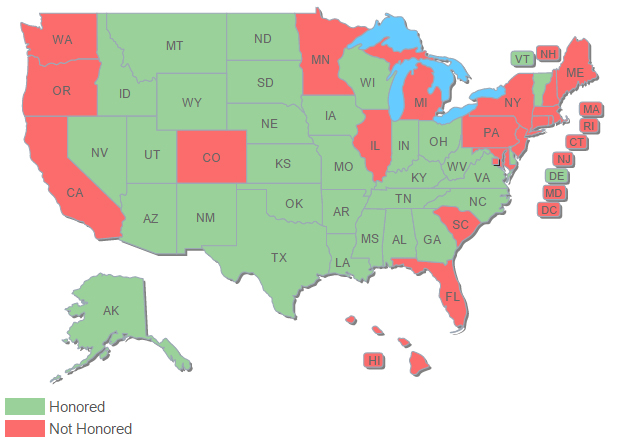
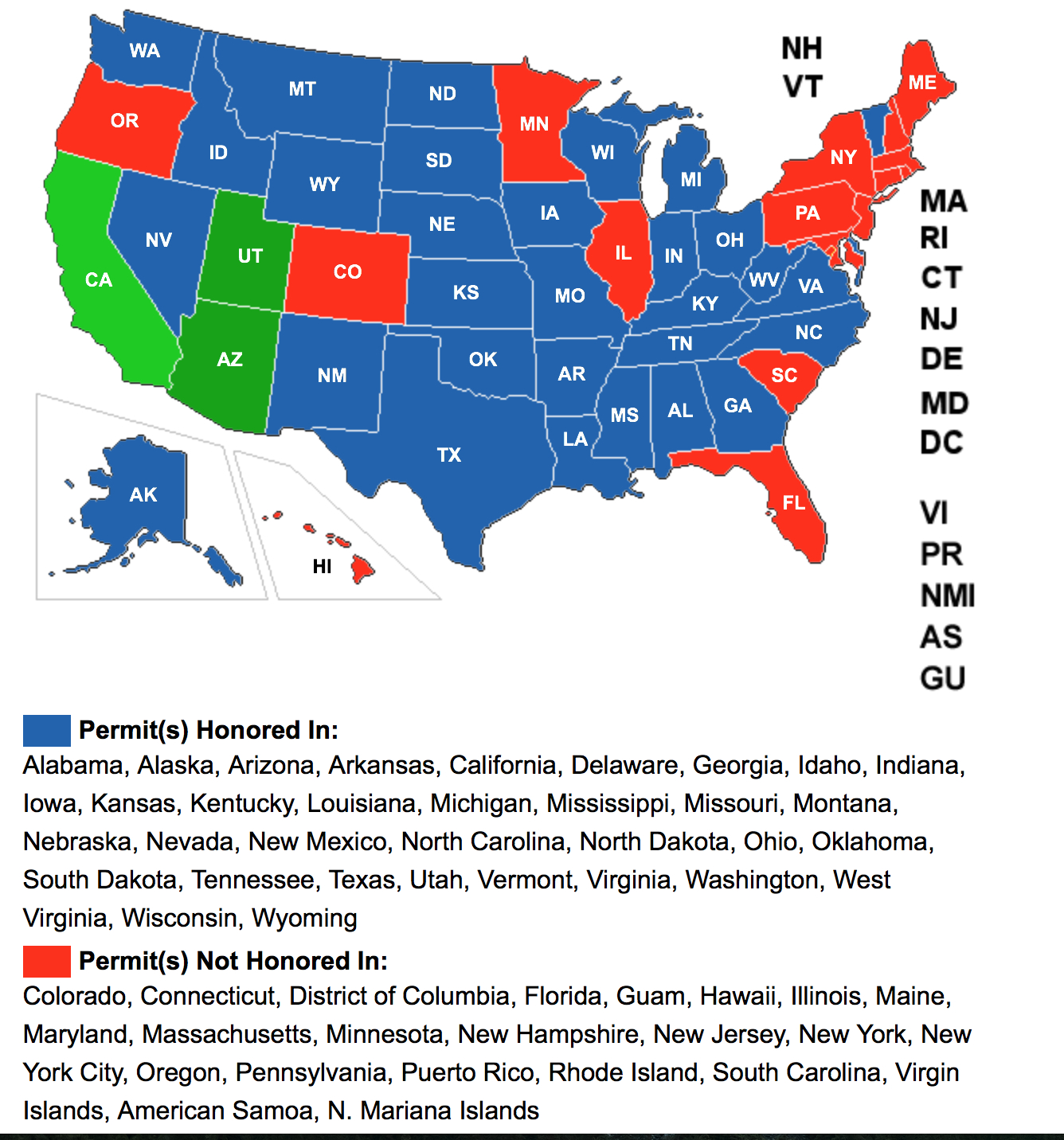
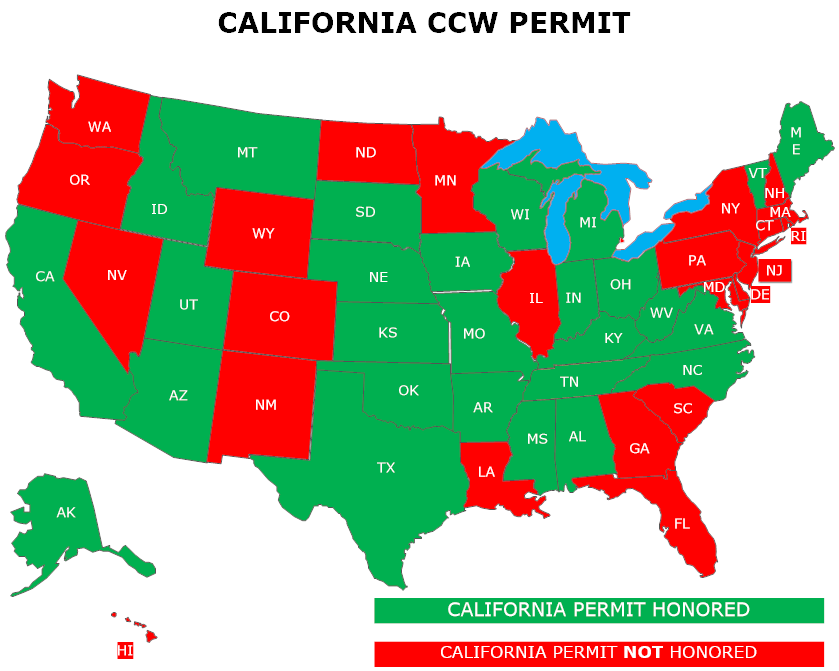

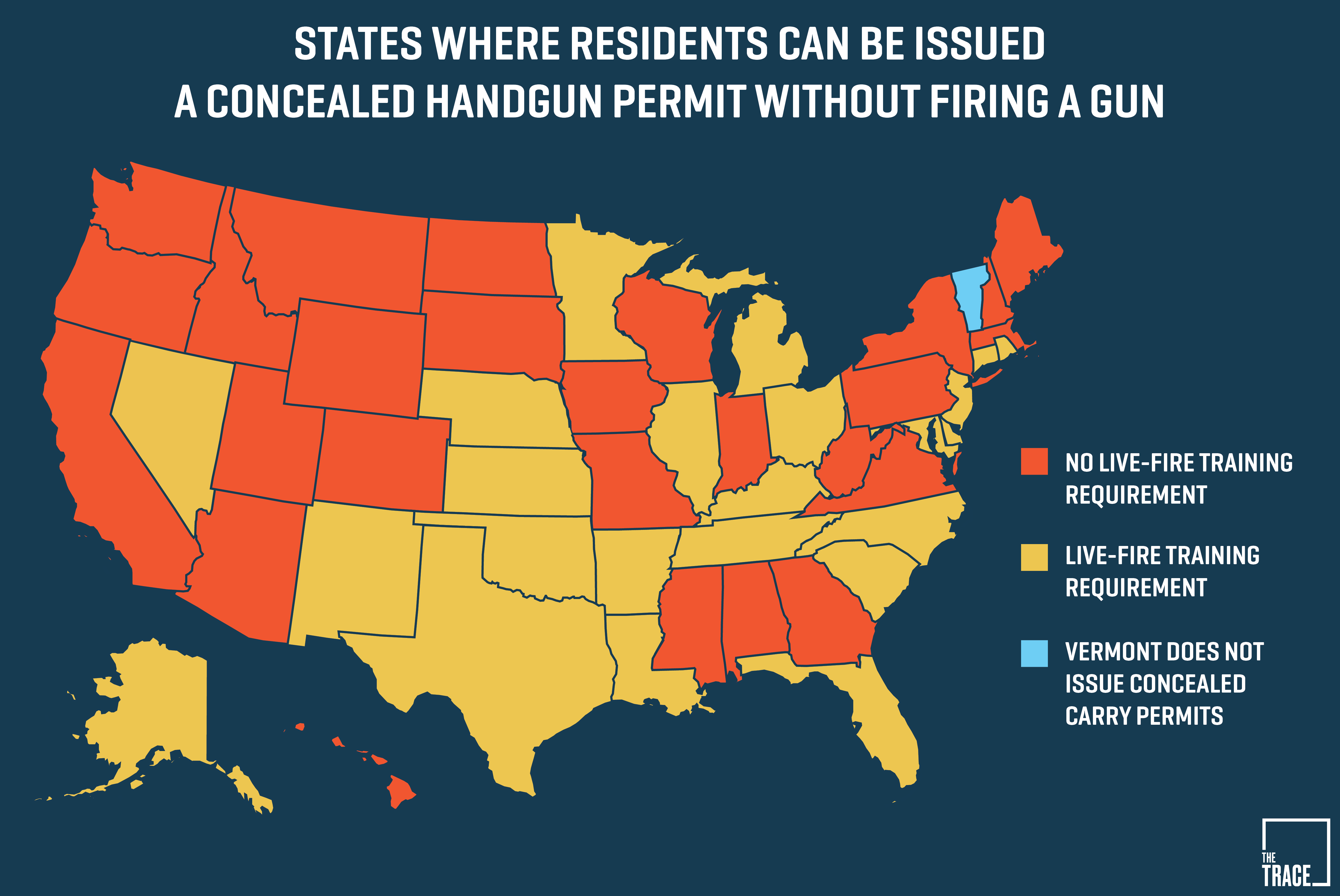

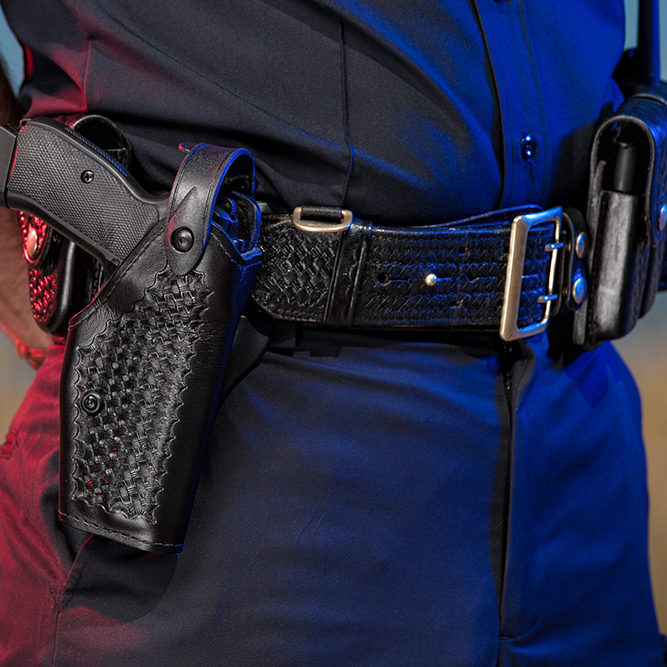
Closure
Thus, we hope this article has provided valuable insights into Navigating California’s Concealed Carry Landscape: A Comprehensive Guide. We hope you find this article informative and beneficial. See you in our next article!